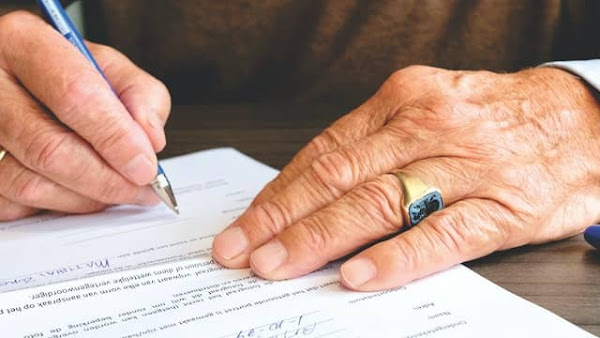Can the bank close my account?
If you suddenly can’t access your bank account or your debit card is declined, your account may have been closed. Having a closed bank account means that your account no longer exists. A frozen bank account can have similar consequences in the short term: It’s still open, but you can’t access the funds.
Your bank or credit company can freeze or close your account for any reason — and without warning — but some reasons are more common than others, and you can take steps to prevent or reverse the process.
Here’s everything you need to know about freezing or closing a bank account.
What happens when your bank account is closed or frozen
Your bank can inform you to close or freeze your account, but this is not mandatory.
When your bank account is frozen, you will not be able to make transfers or withdraw. Direct deposits will still be made, as well as manual deposits, but you won’t have access to these funds.
When your account is closed, the bank can convert it to another type of account, and send it back to you to examine For your closed account balance, keep the money for you to collect, or use the money to pay for overdue items.
If your account is overdrawn when it is closed, you may be required to immediately pay the amount you owe to the bank.
Why your bank account might be frozen or closed
There are several reasons why your bank may freeze or close your account. One of them is having little or no activity on the account. Suspicious activity, such as purchasing a debit card at a gas station in a remote state, can also result in an account being frozen.
The same applies to a purchase from a retailer that has been the subject of a fraudulent activity report. If there is suspicious activity on your account and your bank can’t reach you to verify your purchases, it may block your account.
If your bank receives a court order to freeze your account due to a lien on your account or a wage garnishment in favor of a creditor, for example, it must do so immediately and without notifying you in advance.
Your financial institution may close your account if you have excessive overdraft fees or if you have a persistent negative balance; If you often have more transactions in your savings account than are allowed per statement cycle; Or if, for example, paper checks are lost or stolen.
The rules and requirements for bank account closing and freezing vary from institution to institution, so be sure to read your deposit agreement carefully.
What do you do when your bank account is frozen or closed?
If your account has been frozen due to suspicious activity, contact your bank to verify your purchases. You may be asked to verify your identity with documents before you can access your account again. You should also check your account statements, and within 60 business days of sending your statement, notify your bank or credit union of any unauthorized transactions.
If your account has been frozen due to a court decision, you can try to overturn the judgment against you. To do this, you may need to work with an attorney to file an application and communicate with a judge. If that doesn’t work, you can pass judgment to regain access to your account.
How do you avoid having your bank account closed or frozen?
There are some steps you can take to prevent your account from being closed or frozen. If you plan to travel or make a large purchase with your account, be sure to notify your bank.
Pay attention to the number of savings withdrawals you make each month to make sure you don’t go over the limit. If you tend to withdraw from your account, choose overdraft protection so that your transactions are covered.
Also, know that sometimes the bank account can be closed or frozen through no fault of your own. Banks need to protect their assets and yours, so any activity that could be interpreted as suspicious or illegal could result in a freeze or closure.
If something happens to your bank account that you don’t understand, contact customer service for more information. If your account has been frozen due to fraudulent charges, or your account has been closed with a balance, there are ways to get your money back, although it may take some time and effort.

